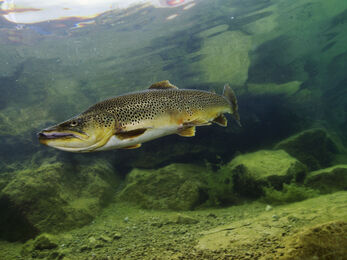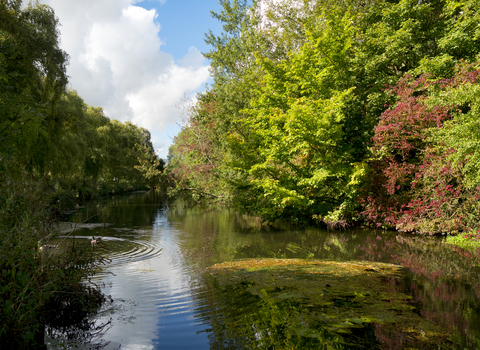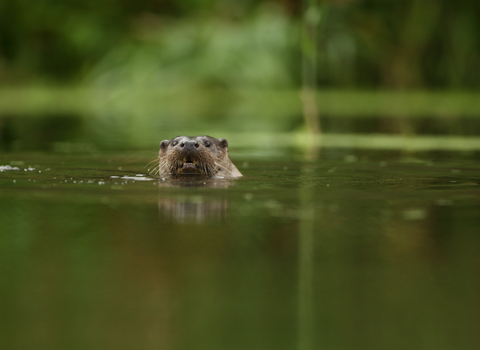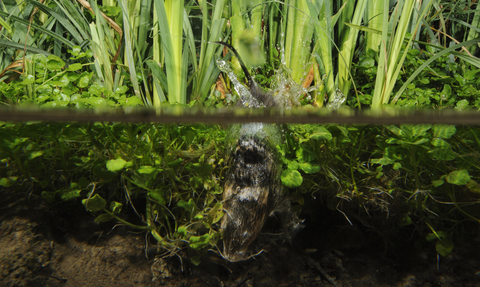
Water vole (credit: Terry Whittaker)
Save our chalk streams
Latest update:
During 2025, Norfolk Wildlife Trust worked alongside the Wildlife Trusts trying to shape the Planning & Infrastructure Bill, which will guide how development happens in England.
In particular, we supported the Bishop of Norwich, who submitted an amendment to the Bill seeking to gain further protections for our precious chalk streams. Disappointingly, in November 2025, the amendment was rejected by the government.
There will be no further debate or votes. This means the Bill will become law – through a process known as receiving Royal Assent - very soon.
Despite the overall result, our campaign to improve the Bill did help secure some positive aspects to the Bill to protect our chalk streams. And the government did make commitments to take action to protect chalk streams in future.
They have committed to including recognition of chalk streams in a new suite of national policies for decision-making that will be consulted on before the end of 2025. This should ensure that chalk streams are explicitly recognised as features of high environmental value in national planning policy; and that clear expectations are set for plan-makers and decision-makers in respect of managing the impacts of development on these sensitive water bodies.
The Government has also committed to embed actions to improve chalk streams into the water White Paper, which will be published before the end of 2025. This will feed directly into the development of forthcoming legislation in this area.
We will continue to work with Ministers to gain clarity on what these commitments will mean for our wildlife, and will engage in any consultations, as we continue to push for further measures to protect chalk streams.
Rights of the River
Alongside our work to try to get national safeguards for our chalk streams, we have been working with Norwich City Council to secure greater protection for the River Wensum.
Find out more about Rights of the River and how you can help
--------------------------------------------------------------------------
The majority of the world’s chalk streams – around 85% – are found in England, and approximately 10% of these are found in Norfolk, which makes the county globally important for this rare habitat. Of the 220+ chalk streams found in England, only 11 of these have any legal protections.
Chalk rivers in Norfolk include the Rivers Bure, Glaven, Stiffkey, Burn, Heacham and Gaywood, but the longest, biggest and most significant is the River Wensum, which runs alongside Norfolk Wildlife Trust’s Sweet Briar Marshes nature reserve and forms a vitally important corridor that helps wildlife to move through the county.
The Government has a valuable opportunity to stand up for our chalk streams in their planning policy reforms. We are calling on them to introduce specific legal protections in planning for all our chalk streams, to protect them from development-related harm.
Our chalk streams need protecting
England's chalk streams are one of the rarest habitats on earth! Their crystal-clear waters are home to water voles, white-clawed crayfish, Norfolk hawker dragonflies and kingfishers, making them our equivalent to the Great Barrier Reef or the Amazon Rainforest. A truly special habitat that we are so lucky to enjoy.
They are not just important in their own right, they are fabulous corridors for wildlife for creatures such as otters, birds, bats – helping these creatures to move through the landscape. Yet many of our chalk streams are now dirty and choked by pollution, threatening the wildlife that calls them home and the people that rely on them for their wellbeing. The Government must introduce specific protections for all chalk streams in their planning reforms, to ensure these unique habitats are conserved and put into recovery for future generations.
How can planning reform protect our chalk streams?
Current measures fall far short of what is required to sufficiently protect chalk streams. Threats to these special waterways include indirect pressures such as pollution that occurs elsewhere in a river’s catchment, and abstraction in order to provide a water supply for new housing. Granting chalk streams better protections within the planning system and legally recognising how important they are will mean they are better protected when road or housebuilding happens near them.
What is NWT doing? (Timeline)
We have sent a number of open letters, urging the government to strengthen protections for the UK’s chalk streams within planning policy.
September 2025
As the Planning and Infrastructure moved to the House of Lords, we worked with the Bishop of Norwich to table our chalk stream amendment. There was lots of cross-party support for this. You can read our briefing for the Lords Committee Stage here.
June 2025
We invited our local MPs to a chalk stream briefing drop-in session at Westminster to talk to them about the issues which are chalk streams are facing. We also then held a photo opportunity where MPs gathered in Parliament Square to call on the Government to strengthen planning reforms to protect England’s globally rare chalk streams.
The show of cross-party support followed the government’s decision to vote down key chalk stream protection amendments at Committee stage of the Planning and Infrastructure Bill.
March 2025
We asked our MPs to attend the second reading of the Planning & Infrastructure Bill on 24th March to raise the importance of chalk streams and the need for new measures for them in the planning system. Greater consideration of chalk streams in the planning system could help safeguard these fragile habitats, without compromising the Bill’s goals. During the reading, chalk streams were mentioned 15 times!
February 2025
We contacted all of our Councillors in Norfolk, asking them to sign a powerful open letter to Rt Hon Angela Rayner MP and Rt Hon Steve Reed OBE MP:
Matthew Pennycook’s response to our open letter
November 2024
We signed an open letter to Deputy Prime Minister and Secretary of State for Housing, Communities and Local Government The Rt Hon Angela Rayner MP:
We are also contacting and meeting with Norfolk MPs to encourage them to champion chalk streams in Government during the National Planning Policy Framework reviews. Within the Framework, we are calling for stronger protections for chalk streams as an irreplaceable habitat, and the introduction of 50-100 metre ‘no development’ buffers surrounding chalk streams and their catchments.
We are promoting the recognition of chalk rivers in Norfolk County Council's Local Nature Recovery Strategy and working with partners to develop projects to protect and restore Norfolk’s chalk rivers, particularly the Tas, which forms a wild corridor through the south Norfolk Claylands.
We need your help to save our chalk streams!
Why not write to your local councillor or MP to share your concerns at this vital time? We’ve included some bullet points below with suggestions of the kind of things you might want to highlight. We’d recommend using your own words and emphasise how important these precious habitats are to you.
- The majority of the world’s chalk streams are found in England, and approximately 10% of these are found in Norfolk, which makes the county globally important for this rare habitat.
- Despite their ecological value, chalk streams are exceptionally vulnerable to pollution, over-abstraction, and habitat degradation.
- Water quality in chalk streams across the UK continues to worsen, with detrimental impacts for wildlife
- The opportunity of planning reforms should be used to designate chalk streams and their catchments with a bespoke protection.
Learn more about chalk streams
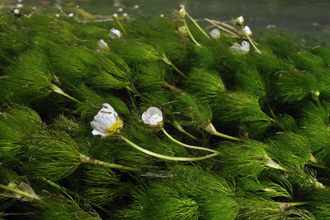
Norfolk councillors demand action on chalk stream crisis
62 of Norfolk’s local councillors demand urgent action to protect our county’s rare chalk streams following shelving of Chalk Stream…
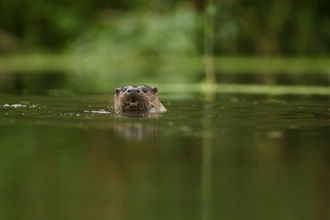
Tales from the banks of chalk rivers
Learn more about the magic of chalk streams and what you can do to protect them.
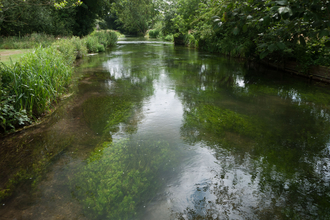
We're urging UK Government ministers to protect globally rare chalk streams in planning reform
Alongside a group of UK nature charities, we have written to Rt Hon Angela Rayner MP and Rt Hon Steve Reed OBE MP calling for action to…


